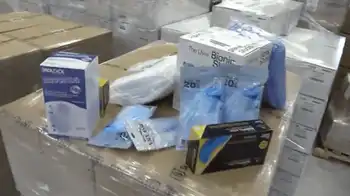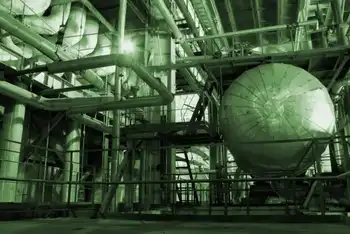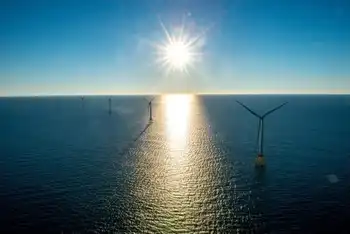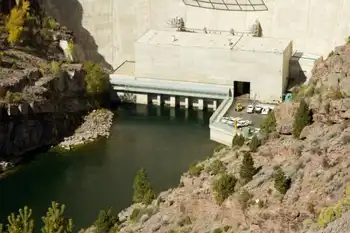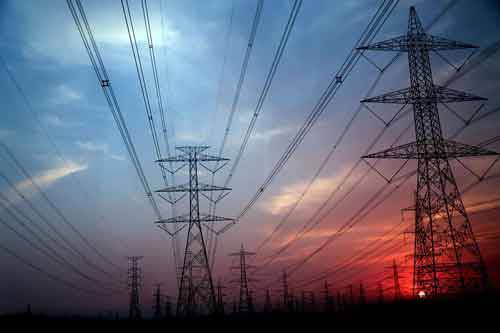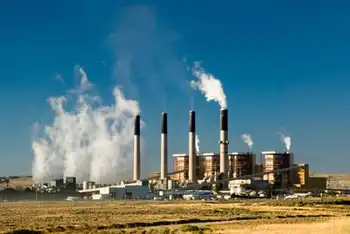Carbon emissions improve in GTA
By The Toronto Star
CSA Z463 Electrical Maintenance
Our customized live online or in‑person group training can be delivered to your staff at your location.

- Live Online
- 6 hours Instructor-led
- Group Training Available
“When you go through the report card, you’ll see a lot of Cs and Ds,” Kilian Berz, managing director of the Boston Consulting Group, which worked on the Living City Report Card released recently. “I think they are a sign of hope, but also a sign that we’re not there, and we have to resort to more and different actions to make it happen.”
The report card, conducted by the Greater Toronto CivicAction Alliance and the Toronto and Region Conservation Authority, measured performance in six areas: water and air quality, carbon emissions, waste diversion, land use and biodiversity.
Since 2005, overall air quality has improved, with a 44 per cent decrease in sulphur dioxide and 46 per cent drop in carbon emissions from electricity production, credited to the phase-out of coal-fired plants in Ontario.
Conservation efforts appear to be working. Electricity consumption is down five per cent in the same period, although the recession is considered a factor.
Water consumption is also dropping, with per capita usage rates falling 9 per cent since 2006. Single-family homes diverted more waste from landfill — an 11 percentage point increase, to 50 per cent, since 2006.
However, recycling efforts by industry, institutions and commercial establishments are still poor, and often thereÂ’s little data available. Some 65 per cent of the 3 million tonnes of GTA waste that ends up in landfill comes from the non-residential sector.
Some office buildings, however, have been very successful in improving their diversion rates: For example, the Simpson Tower at Queen and Bay Sts. diverts 96 per cent.
“It’s very simple. We eliminated garbage cans,” said Arlena Hebert, general manager for Ivanhoe Cambridge, which manages the building. “There are paper, multi-material and organic bins.”
Tenants of this 32-storey building have to sort their recyclables, rinse takeout containers, and scrape food scraps into organic bins. If they donÂ’t comply, the cleaners wonÂ’t remove the bins.
While there was some grumbling when the initiative began in 2007, tenants have been happily participating, Hebert said.
Other concerns include urban sprawl, which leads to more traffic congestion and pollution because it makes for poor transit.
“There’s no new land, so we have to use what we have in multiple ways for multiple benefits. It’s always easier to protect something than restore it afterwards,” said Deborah Martin-Downs, director of ecology division at the TRCA.
The lowest score was given to poor storm-water control systems, which are costly to retrofit. More than three-quarters of developed land in the GTA doesnÂ’t have these controls, so rain washes contaminants off of parking lots, driveways and lawns into rivers. That puts aquatic habitats at risk and makes beaches unfit to swim at times.
Martin-Downs says everyone needs to work together, from companies to individuals, to protect the environment. Just putting a little less salt on your sidewalk or using a substitute can make a difference. If everyone did it, she said, imagine the impact.





